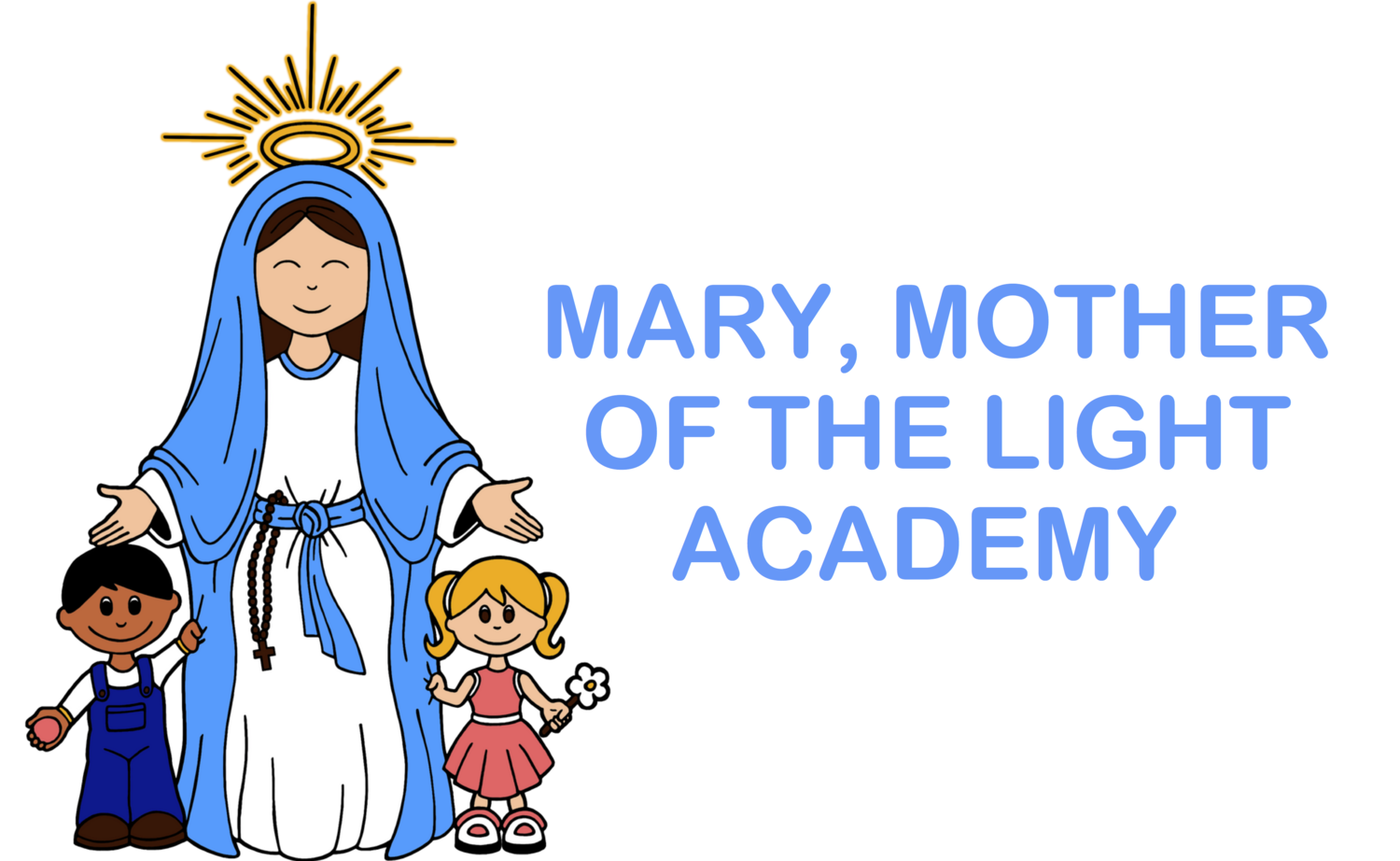6 Toddler Behaviors NOT to Ignore
/One of the many joys of parenting is deciding when to discipline and when to ignore. On one hand, you don’t want to micromanage and you certainly want to be fun. On the other hand, you definitely don’t want to be THAT parent. You all know who I’m talking about. You’ve witnessed this scene time and time again – you might have even been a character in this scene. Think of a time when you ran into your friend at the grocery store and their little one was running circles around the two of you, and interrupting your conversation. Sound familiar?
While some behaviors can be ignored, some behaviors lead to bigger problems, or are just classified under straight up rude. Check out the list below. If your toddler exhibits any of these behaviors, they’re definitely worth addressing!
Interrupting Conversation
Whether they’re bored, super excited to tell you a story, or even just inpatient, interrupting a conversation is never okay. Allowing this kind of behavior also indirectly encourages inconsideration for other people. Children psychologists even say that allowing your child to butt in while you’re having a conversation with someone else creates a sense of entitlement that will ultimately lead to an inability to handle frustration.
The next time you know you’re about to engage in conversation with someone, be sure your child understands they need to be quiet and wait until your conversation is over unless there is an absolute emergency. If you can, try to redirect their attention to a toy or an activity. If this doesn’t work and your child still tries to tug on your arm or jump in your face, be firm. Do not give in and make sure they know the behavior will not be tolerated.
Playing Too Rough
Rough housing here and there is normal childlike behavior. But when pushing, shoving and pinching becomes normal behavior, there is a problem and it should not be disregarded. As a parent, you must intervene because your child needs to understand that hurting people is not acceptable.
If your child plays too rough, be sure to confront the aggressive behavior as soon as it occurs. Making sure your child understands that what they’re doing hurts someone else. Furthermore, asking your child how they would feel if someone did it to them is even more important because it teaches empathy.
Not Listening
Having to repeat yourself is kind of part of parenting, BUT not in excess. If you’re telling your toddler six times to clean up their toys, this is unacceptable. Remind your child that you are the boss and that they need to listen to your directions. Explaining that what you say is important will remind them to pay attention when you speak. If this behavior isn’t nipped at a very young age, it could lead to a defiant kind of person.
Helping Themselves
It’s an amazing feeling when your child hits an age where they can cook and clean for themselves. Unfortunately, if your toddler is running to the cookie jar whenever they feel like it, this might not be ideal. Letting your toddler have complete and utter control of certain activities does not teach them to follow rules. It might start with a cookie, but how would you feel if your two-year-old walked out the front door to go see grandma all on their own? Pretty terrifying.
Make sure you establish house rules early on and keep the lines of communication open. If your child understands the back and forth with questions and answers, they’ll be less likely to do things completely on their own. If they do something without permission that requires it, make sure you let them know that! Stating things out loud helps reinforce.
Having A ‘Tude
We might expect an eye roll from a teenager, but from a toddler?! It can happen. This kind of attitude typically starts around two or three years old with mimicking, eye rolling and tonal speech. Some people might ignore this behavior assuming it will pass, but that can be a big mistake. Huge.
If this kind of behavior isn’t confronted it could lead to a very angst-ridden teenager. Be sure to make your toddler aware of the behavior and explain that it is NOT okay.
Exaggerating The Truth
Also known as the gateway to lying. It might not seem like a big deal at the time but little white lies could lead to more of that behavior later in life. Lying can sometimes even become automatic if your toddler learns that it’s an easy way for them to look better.
When you catch your little one in a fib, sit down with them and read them the riot act. Explain the story about the boy who cried wolf. Tell them that if they continue to lie, people won’t ever believe anything they say. Try to understand the motivation for the lie and use that to your advantage in your conversation, explaining that it may not yield exactly the results they want.
What kind of unacceptable behaviors have you been addressing in your children lately? How did you handle it? Let us know in the comments!

